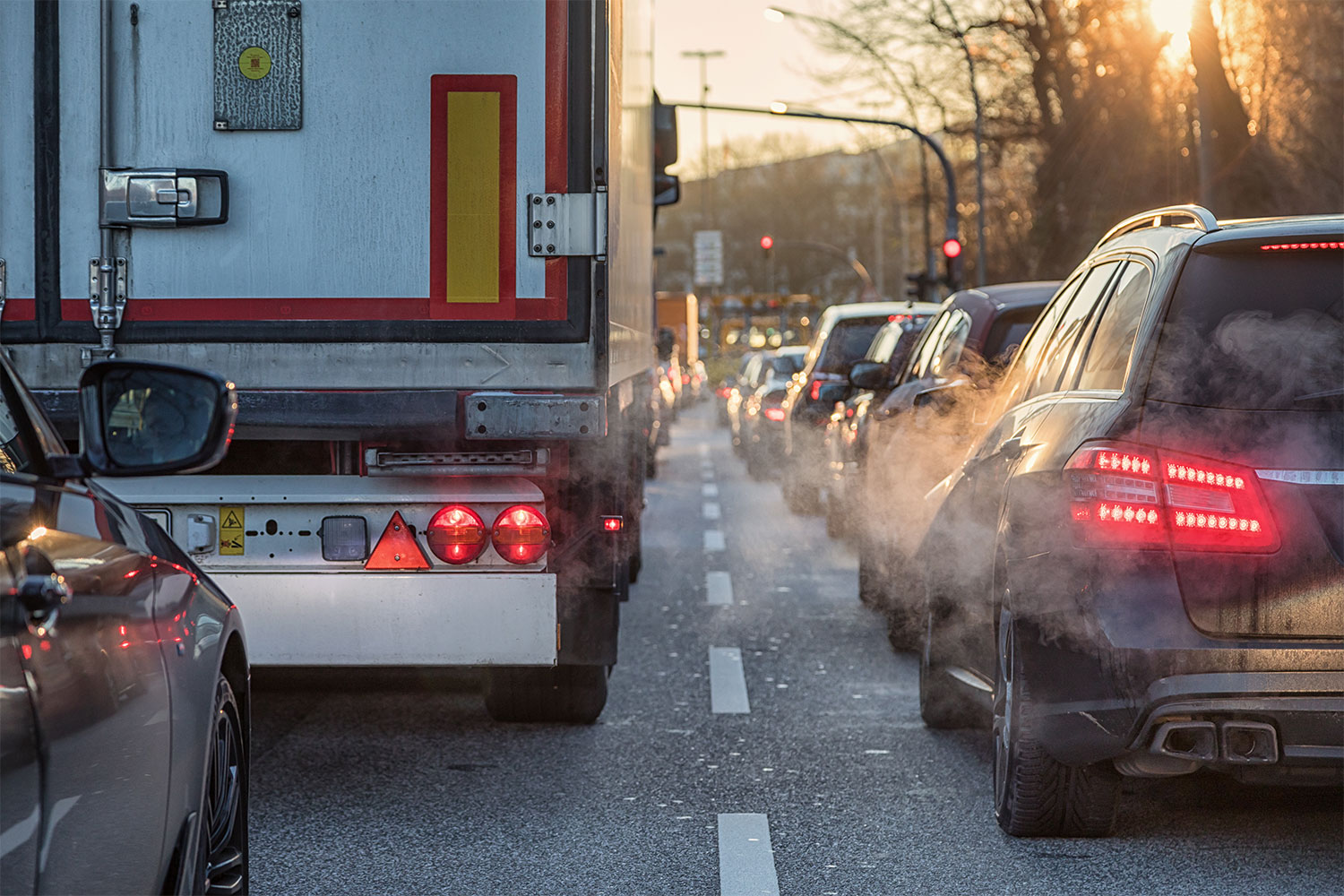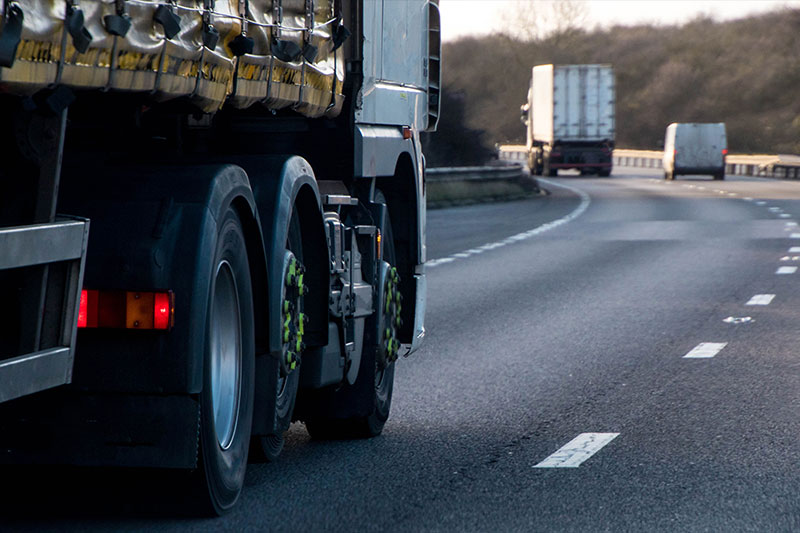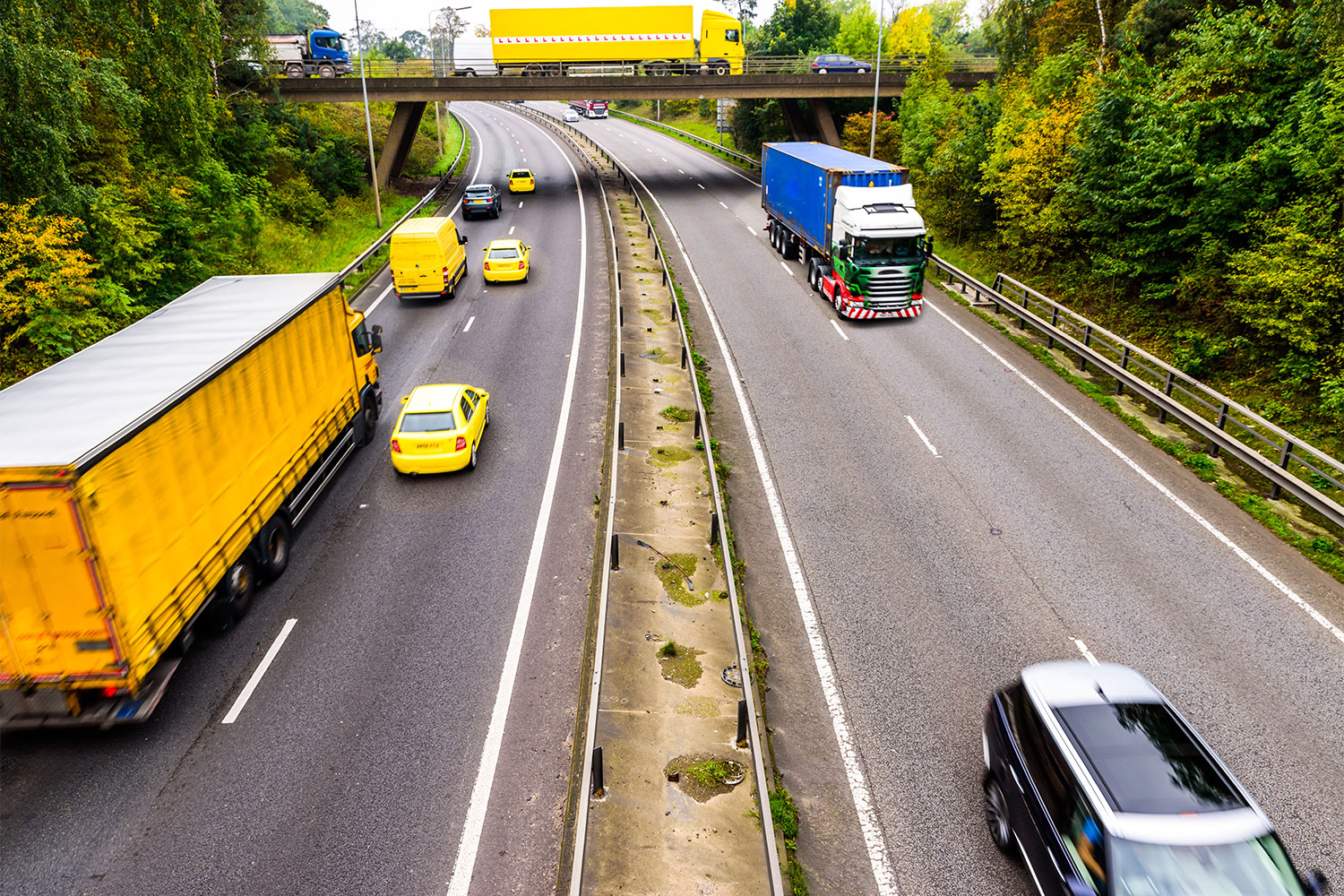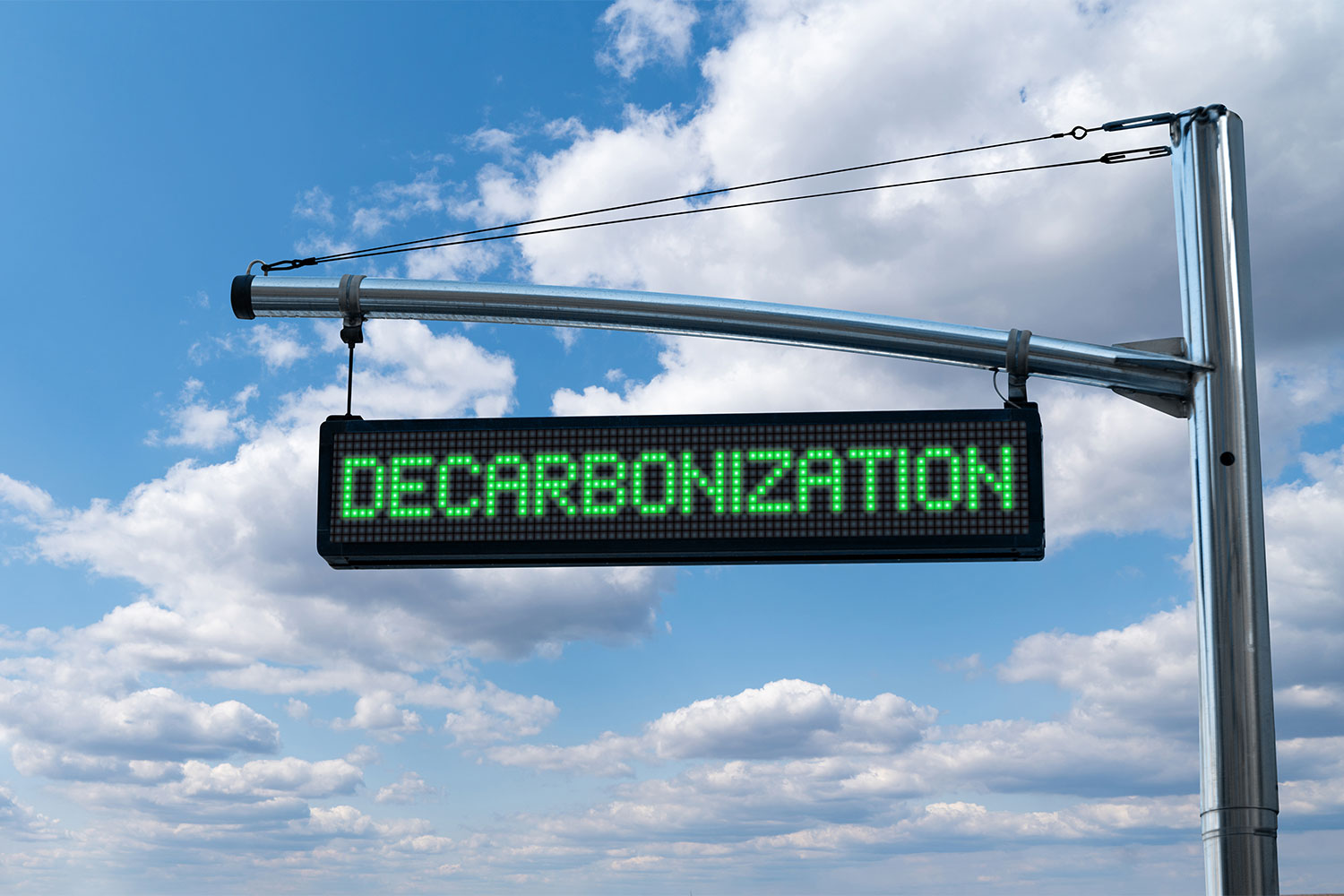In the bid to tackle air pollution in Greater Manchester, Mayor Andy Burnham has proposed an alternative solution to charging drivers entering a zone. According to Burnham, investing £86 million in electric buses, taxi upgrades, and traffic measures will yield more emissions reductions compared to implementing charges. The primary goal is to bring air pollution within legal limits by the 2026 deadline.
Practical Approach: Investment Over Charges
In contrast to the prevalent Clean Air Zones (CAZ) in cities like London, Birmingham, and Bristol, Greater Manchester’s strategy takes a different route. Rather than slapping charges on high-emission vehicles, the focus is on making substantial investments in the transport system.
Burnham asserts that modelling supports the effectiveness of this investment-led plan in meeting the stringent 2026 pollution targets. The approach includes developing an integrated public transport system and transitioning taxis to cleaner technology, aiming for improved air quality without burdening residents or businesses financially.
Concrete Investment Plan
The core of the proposal involves a £51 million investment to introduce 64 new electric buses, bringing the fleet to 199 by the next year. Simultaneously, plans are in place to upgrade charging infrastructure at bus depots, reinforcing the foundation of a sustainable public transport system.
The proposed £30 million fund for licensed taxis to meet new emissions standards reflects a commitment to cleaner technologies. Additionally, £5 million will be allocated for traffic management measures in key areas, addressing sources of air pollution.
Differing Perspectives: Critics and Advocates
While Burnham and ten councils express optimism, clean air campaigners raise concerns. Liz Godfrey from the Mums for Lungs campaign group feels the plan “lacks ambition” and urges alignment with World Health Organisation air pollution standards, which are more stringent than UK legal limits.
Sophie Wills-Virk of Asthma and Lung UK calls for clarity in the plan’s details, citing Greater Manchester’s unfortunate distinction as having the “highest rate of air pollution in the country.” She appeals to governments at all levels to collaborate in combatting the pervasive issue of toxic air.
In conclusion, Greater Manchester’s practical strategy underscores the importance of investing in sustainable and cleaner transport solutions. As the world collectively addresses climate change, the region’s initiative could set a precedent for a more effective and equitable approach to combating air pollution. The outcome of this decision will be closely monitored, with implications reaching beyond Greater Manchester’s boundaries.





